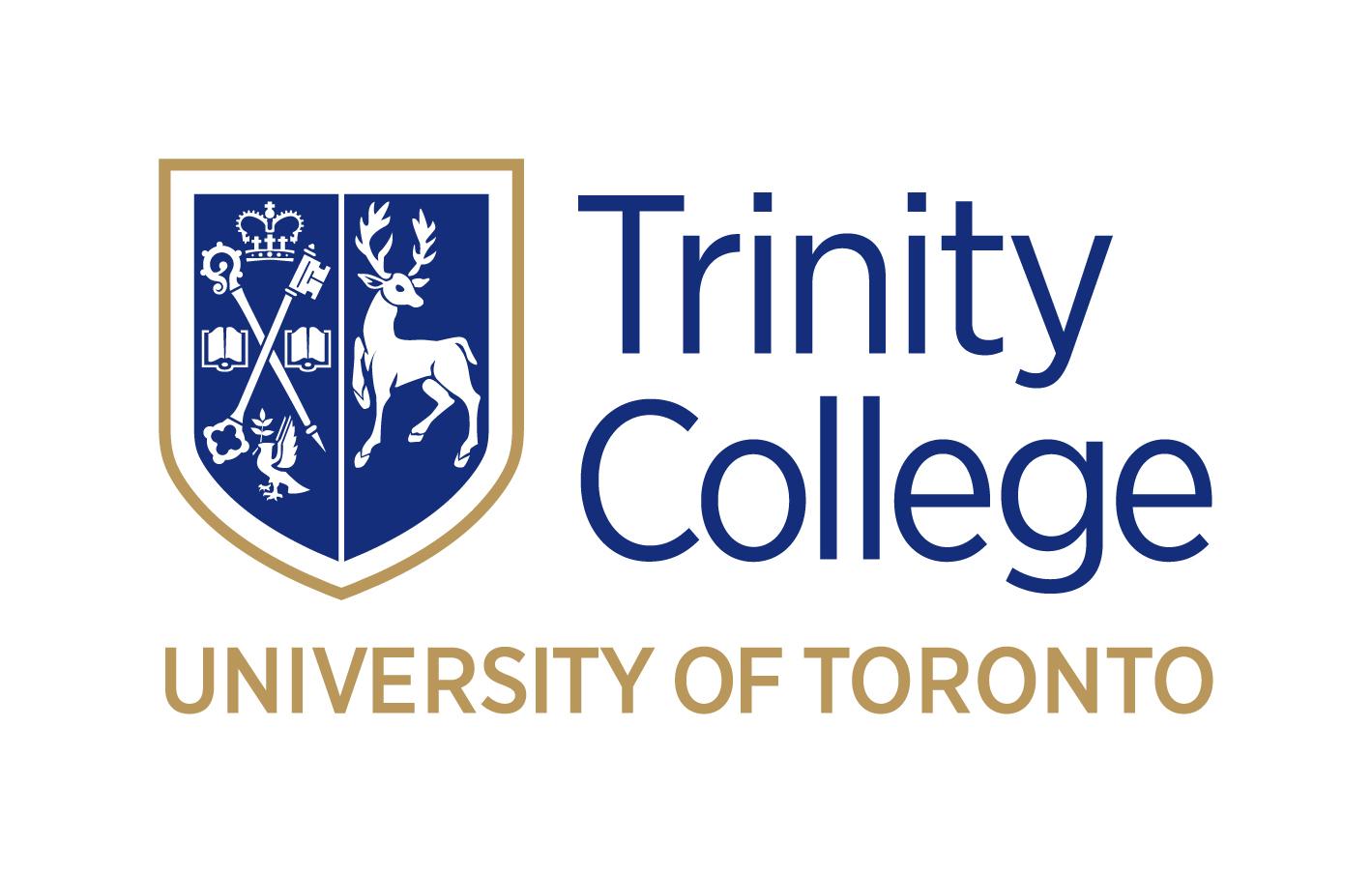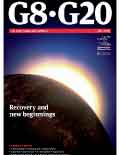

 |
 |
|

Offshore jurisdictions
By Amandine Scherrer, associate researcher,
Canada Research Chair in Security, Identity and Technology, Université de Montréal
To download a low-resolution pdf, click here or go to the Newsdesk site.
In the wake of the financial crisis, the G20 crackdown on offshore jurisdictions and tax havens aims to strengthen and regulate the international financial system
In the declaration of the G20 Summit on Financial Markets and the World Economy at Washington in November 2008, the G20 leaders committed themselves to a range of medium-term actions, including the implementation of national and international measures that protect the global
financial system from uncooperative and non-transparent jurisdictions. At its London Summit in April 2009, the G20 went further and announced a crackdown on offshore jurisdictions and tax havens. In their final communiqué, the G20 leaders endorsed sanctions against noncooperative jurisdictions and boldly declared that the “era of banking secrecy is over”.
This focus on tax havens and offshore jurisdictions has been presented as a way to strengthen and regulate the international financial system. Indeed, tax havens and offshore jurisdictions are places where trillions of dollars circulate every year. According to the World Bank, these places lead to massive fraud. Hundreds of billions of dollars are estimated to be hidden from tax authorities in offshore banks. Accused of being a haven for illicit finance, tax havens and offshore jurisdictions are also singled out for creating mistrust in investments and for destabilising financial flows and free market activities. Moreover, these jurisdictions shield two thirds of hedge funds that have come under fire since the 2008 financial crisis.
What was seen by many commentators as the major concrete achievement of the London G20 Summit has led to the publication of a renewed list of non-cooperative jurisdictions by the Organisation for Economic Cooperation and Development (OECD). It has three specific categories: jurisdictions that have substantially implemented the OECD standards are on the ‘white list’; tax havens and financial centres that have committed to implementing these standards are on the ‘grey list’; and those that have not committed to the standard are on the ‘black list’. Since the publication of these lists, the only three jurisdictions considered as non-cooperative (Andorra, Liechtenstein and Monaco) have been removed, thanks to their efforts to implement the internationally agreed standards. Other countries on the grey list, such as Malaysia and the Philippines, have been removed on the same grounds. Even Switzerland endorsed the OECD standard and the end of banking secrecy. The shaming effect of the OECD list has worked.
The G20 has also improved its regulatory mechanisms. In 2008, the G20 leaders transformed the Financial Stability Forum into the Financial Stability Board, with an expanded membership and a broadened mandate to promote financial stability. This new structure includes an expert group on non-cooperative jurisdictions. Moreover, through the Global Forum on Transparency and Exchange of Information, the G20 has enhanced the peer review process. According to the progress report on actions taken to promote financial regulatory reform, issued by the United States at the Pittsburgh G20 Summit in September 2009, even jurisdictions that are not members of the Global Forum, where appropriate, will be subject to the same review and invited to engage with the forum in the context of any review. Preliminary assessments from the peer review programme are expected by June 2010. The Global Forum will also submit a report on multilateral tax information exchange agreements (TIEAs) and the steps necessary to accelerate full implementation of the approved reforms.
Despite these achievements and the apparent consensus among G20 members displayed since the London Summit, problems remain. First, the G20 commitment to tackle these jurisdictions still fails to overcome the political challenges of identifying and targeting them. Territories such as Macau, Hong Kong, the Channel Islands and the Virgin Islands are still politically highly sensitive and have not been included on the OECD grey or black list, despite the fact that these jurisdictions share common features with well-recognised non-cooperative offshore jurisdictions and tax havens. This situation raises the issue of the comprehensiveness of the regulatory mechanism promoted at the international level, which fails to include territories linked to influential powers such as China, the United States and United Kingdom. Second, even though the regulatory mechanisms and the peer review system have been improved, the issue of sanctions is still a subject of heated debate among G20 leaders. Even if the G20 London Summit and the G20 Pittsburgh Summit were supposed to adopt a consensus on proper sanctions against tax havens that fail to sign new anti-secrecy agreements, no agreement has yet been reached. Therefore, even if the move for greater transparency seems to be durable and taken seriously, further work and improvement are needed. The G20 Toronto Summit in June 2010 will thus be the occasion for a substantive follow-up. The work of G20 leaders will benefit from the release of the Global Forum’s preliminary assessments of the peer review programme and the report on TIEAs.
Among the issues to be tackled at Toronto, the G20 should encourage the expansion of the Global Forum’s membership, which currently gathers 91 countries and territories. More jurisdictions should enter into agreements in line with the Global Forum’s model agreement and article 26 of the OECD and United Nations models. The network of TIEAs also needs to be expanded. Moreover, even if the shaming effect of the OECD lists seems to be effective, a jurisdiction’s mere declaration of intention for better implementation of OECD standards should not be a sufficient condition for its removal from the list. Proof of accountability and transparency should be displayed and monitored closely by the Global Forum. Furthermore, the OECD lists should be more comprehensive, consistent and credible, specifically regarding the current offshore jurisdictions and tax havens not yet included on the OECD list. Finally, as announced at the London Summit, the G20 leaders should agree on a toolbox of countermeasures to pressure tax havens to comply. For instance, the risks encountered by financial service firms if they intentionally use foreign centres to evade full reporting of their clients’ accounts to the tax, customs and judicial authorities should be clarified. At the same time, those countermeasures should avoid using development aid as blackmail to force developing countries to commit to OECD standards. The Toronto Summit should thus be the occasion to reflect more carefully on how developing countries can be further integrated into and benefit from the work of the Global Forum.
|
This Information System is provided by the University of Toronto Library |
All contents copyright © 2023. University of Toronto unless otherwise stated. All rights reserved.